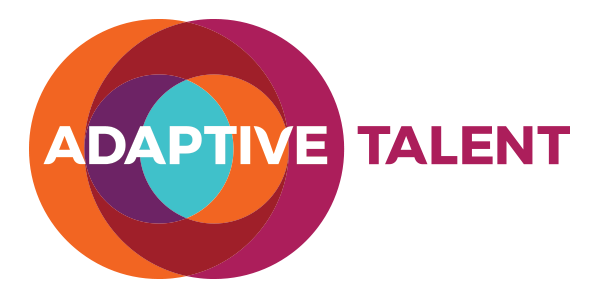The financial meltdown highlighted how financial incentives can cause people to lose sight of the bigger picture and act recklessly. There have always been discussions about the best way to structure executive compensation, but boards are now taking this more seriously for obvious reasons. A new proposal highlighted in the Knowledge @ Wharton series gives another approach: dynamic long term incentives that automatically rebalance cash and stock depending on financial incentives.
“In a working paper titled, “Dynamic Incentive Accounts,” Edmans, along with Xavier Gabaix and Tomasz Sadzik of New York University, and Yuliy Sannikov of Princeton University, outline a system that escrows compensation for a set period of years stretching into the executive’s retirement. The longer time frame is designed to prevent the executive from taking short-term actions that may enrich the manager at the expense of the firm’s future profits. The plan also provides a rebalancing mechanism to maintain a constant percentage of compensation in cash and stock, so that the executive always has sufficient equity in the firm to provide performance incentives — even if the stock price falls.” This is an interesting option to longer vesting schedules or bonus claw-back provisions.
It’s a compelling concept and one that all Boards need to adequately address. We’ve all seen R&D or investments in employee development cut as a short term approach to shoring up quarterly results. I empathize with CEOs who find themselves in difficult situations but I also believe that most Boards simply do not adequately measure or require truly long term thinking and investments. Hopefully we’ll see a few brave organizations openly discussing long term compensation and a hugely influential company like Risk Metrics (the leading institutional shareholder auditing / consulting company advising mutual and pension funds) start measuring the full compensation long term view. They’re doing it to some degree and can have a powerful influence on how quickly boards fall into place since companies generally prefer to act only after others have shown evidence of positive results with experiments.
I hope this has been helpful and of course the Adaptive Talent team would welcome the opportunity to help you and your team improve your results and adaptability via our culture and organizational development consulting, communications and coaching / mentoring training, total rewards consulting, assessments, leadership coaching and development programs and retained search to help you land high impact talent.

